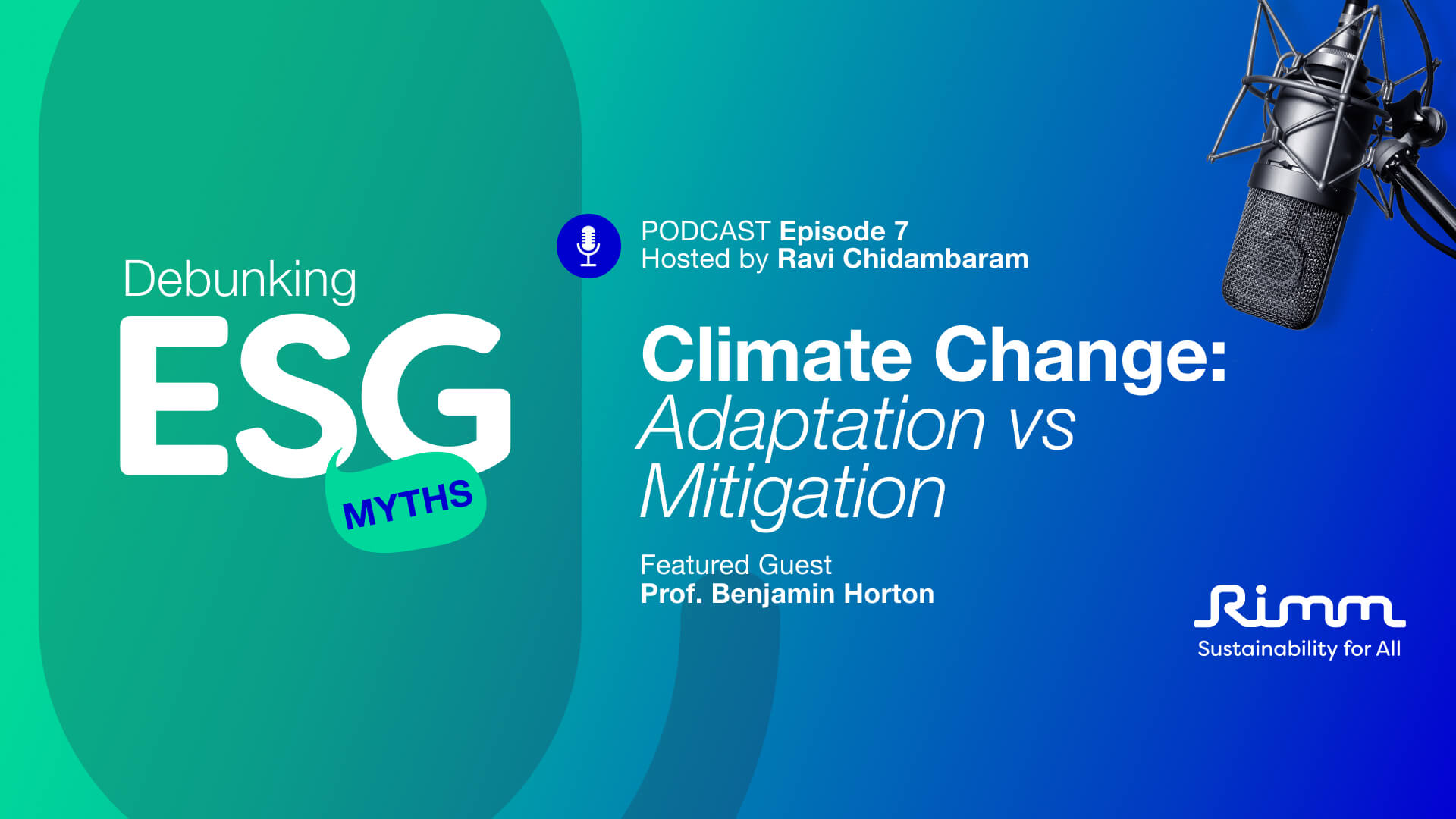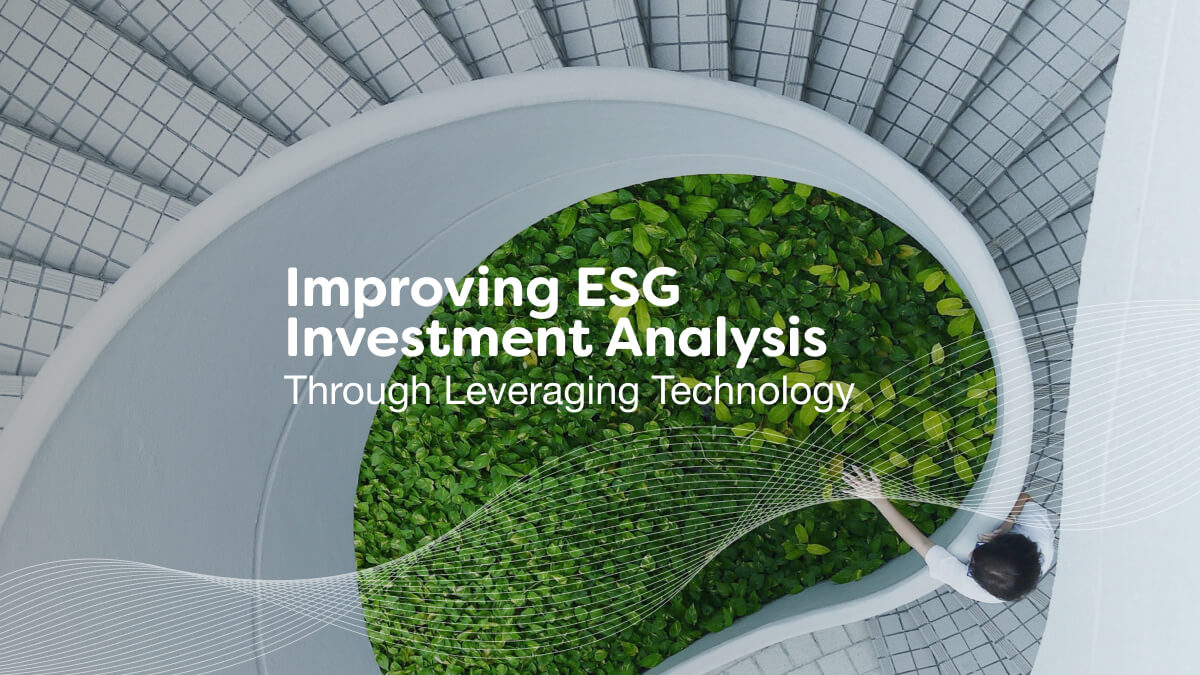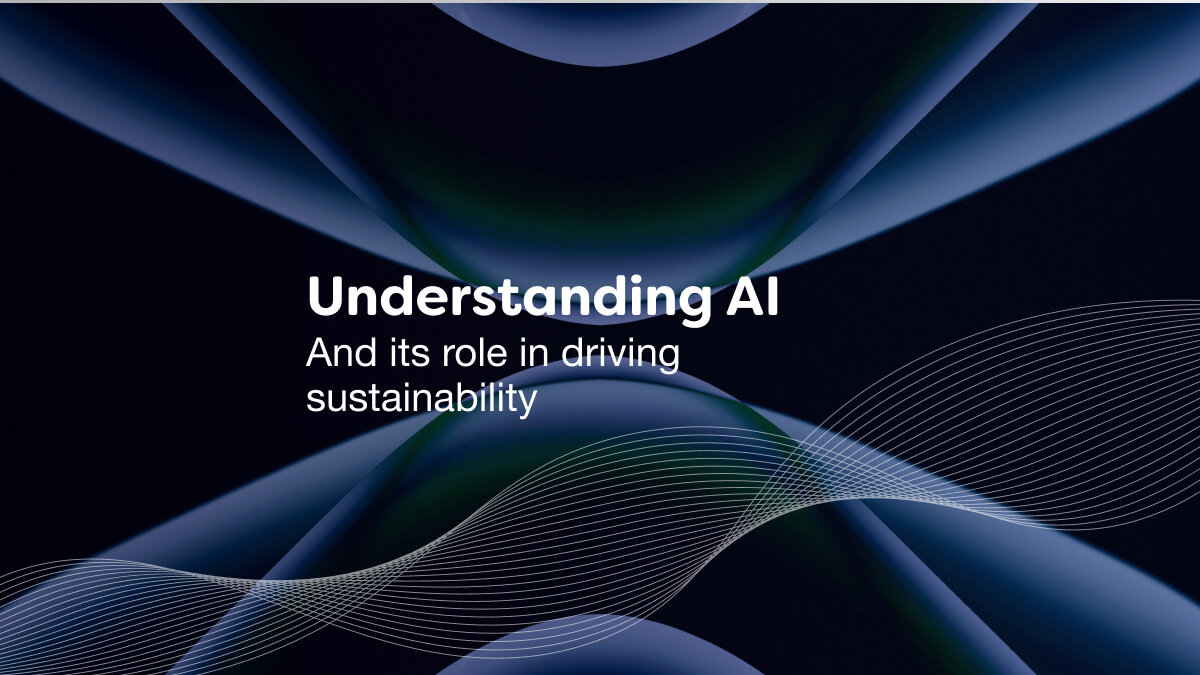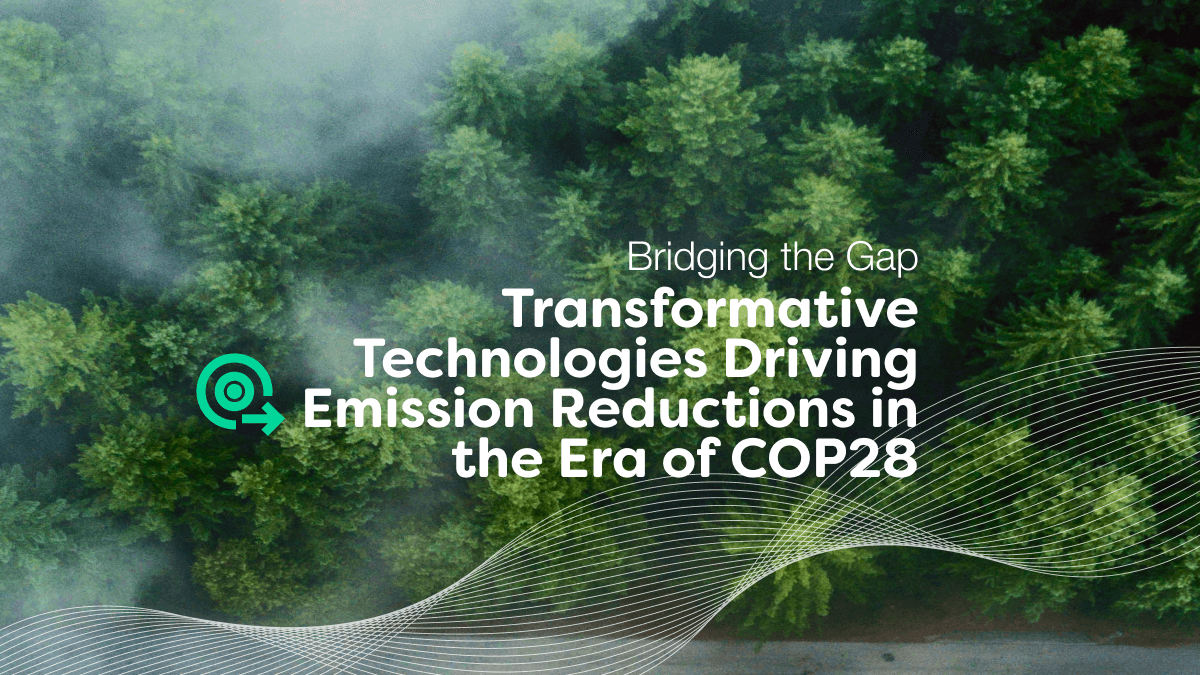In the global quest for sustainability, COP28 signals a pivotal moment for Environmental, Social, and Governance (ESG) solutions, specifically towards emissions reduction. Read on to get a low down on what was discussed at this key event!
COP28’s Focus on Emission Reduction
COP28 reinforces the goals and concrete actions established in previous COP meetings to combat greenhouse gas emissions. It emphasizes more than mere commitments, emphasizing how transformative technologies are crucial for achieving substantial reductions across industries.
Technological Vanguard: Key Innovations Driving Emission Reductions
- The Renewable Energy Revolution
In recent years, renewable energy sources, such as solar, wind, hydroelectric, and geothermal power, have transcended the realm of alternative energy into the mainstream. A combination of advances in these sectors, combined with falling costs, has the potential to drastically reduce energy sector emissions by phasing out fossil fuels.
- Accelerating Electric Mobility
The global shift toward electric vehicles (EVs) plays a pivotal role in decarbonizing transportation. With the advancements in battery technology and greater charging infrastructure, EV adoption will accelerate, resulting in significant reductions in emissions from transportation.
- Nature-based Solutions
Nature-based solutions, including afforestation, reforestation, and sustainable land management practices, contribute to carbon sequestration. In addition to reducing emissions, these approaches enhance biodiversity and support vulnerable communities.
- Smart Infrastructure and Energy Efficiency
Optimizing energy consumption requires investing in smart grids, energy-efficient technologies, and sustainable urban planning. Through intelligent building designs and IoT-enabled systems, these innovations reduce emissions and enhance resilience while promoting energy efficiency across sectors.
- Harmonizing Agriculture and Food Systems
Agricultural and food emissions can be reduced with innovative technologies, policies, and individual actions. Furthermore, plant-based diets reduce greenhouse gas emissions. Farmers need to embrace technology, use renewable energy, and reduce emissions. In addition to empowering consumers, this strategy encourages mindful food choices. To mitigate climate change, the government, industry, and communities must work together. The use of alternative proteins can reduce livestock farming emissions. The use of cellular agriculture and plant-based substitutes can significantly reduce greenhouse gas emissions. We can reduce our environmental impact by replacing conventional animal agriculture with these alternatives. They address concerns regarding deforestation, methane emissions, and water usage. As these technologies advance, we will be able to provide sustenance and combat climate change.
The Path Forward: What needs to be done?
In the wake of COP28, collaboration among governments, industries, and innovators becomes increasingly important. To ensure equitable adoption of these technologies, developing nations must prioritize access to finance, technology transfer, and capacity building. Developing policies that incentivize and facilitate the deployment of technologies that reduce emissions is crucial. In order to drive global transformation, robust regulatory measures, such as carbon pricing mechanisms and emissions trading schemes, need to be in place. The success of COP28 lies not only in its ambitious commitments but also in its tangible actions and collective willingness to implement transformative technologies. For a sustainable, climate-resilient world, innovation, policy, and public engagement must work together.
How does Rimm Sustainability come into the picture?
This year’s COP28 is shining a brighter spotlight on emission-reducing technologies than ever before. In this critical era of climate action, ESG SaaS platforms are indispensable tools, instrumental in propelling industries toward a more sustainable and environmentally conscious future. Rimm Sustainability, an ESG SaaS platform stands as a pivotal enabler in the quest to bridge the gap between aspiration and action in driving emission reductions during the era of COP28. The transformative technologies brought forward by Rimm such as ‘CR360’, a climate transition tool serve as the bedrock for companies, offering a cohesive framework to aggregate, analyze, and act upon crucial environmental, social, and governance data. By providing real-time insights, these platforms empower decision-makers to craft and implement strategies that tangibly reduce emissions, aligning with global sustainability objectives. Rimm’s AI driven sustainability solutions facilitate compliance with evolving regulations but also foster innovation by guiding businesses toward sustainable practices.
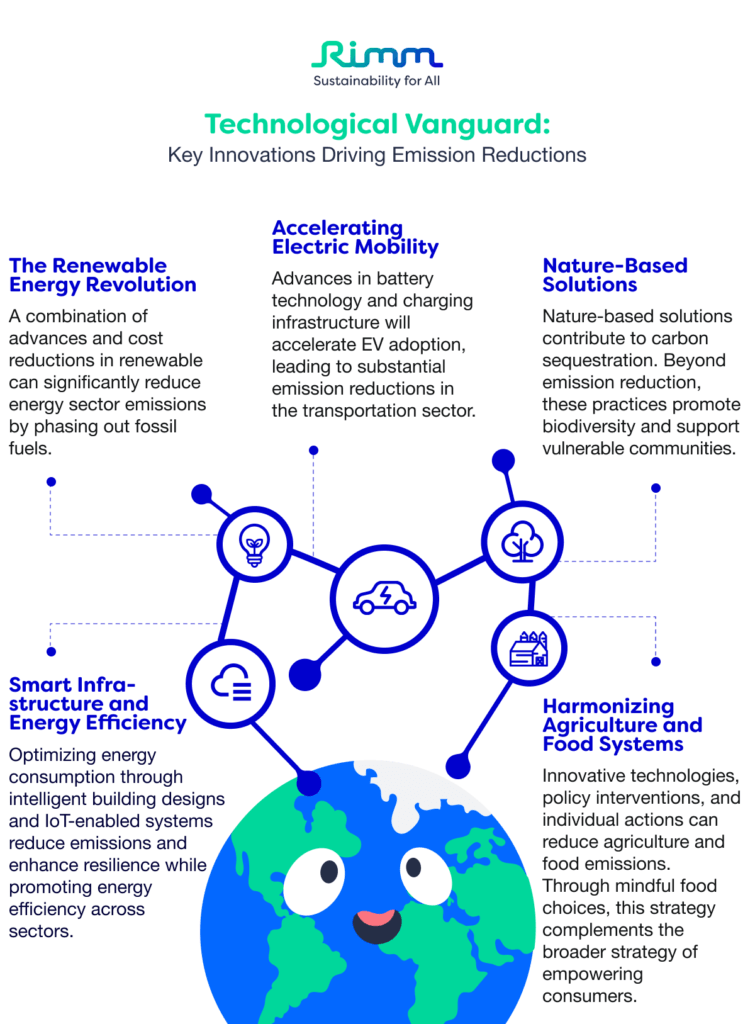

Vivek Aswani
CCO, Rimm Sustainability
Having built and grown companies for 7+ years, Vivek Aswani is a dynamic business leader. Through his investments in companies with rapid growth and global impact, Vivek has developed a keen eye for opportunities that benefit both the business and the environment and society. He has gained a multitude of experiences through his successful investment and has developed a diverse portfolio of companies that are a result of his ability to identify emerging trends.
Simplify Your Sustainability Performance & Tracking With myCSO
✅ Calculate your scope 1, 2 and 3 emissions instantly
✅ Gauge your company’s sustainability performance
✅ View your sustainability performance all from one dashboard
✅ Benchmark against industry peers
Enter your information below to book a demo with our team today.

